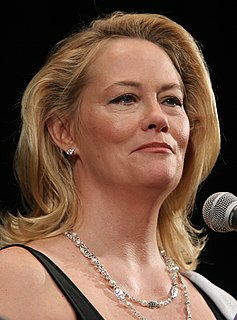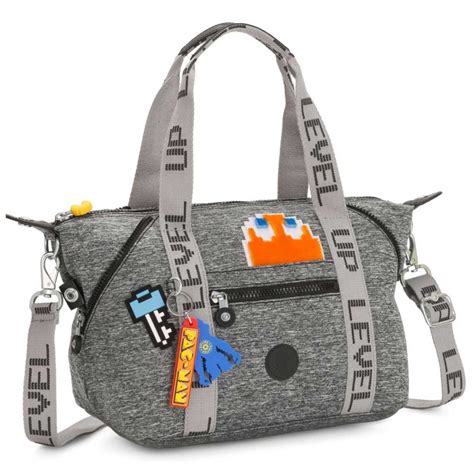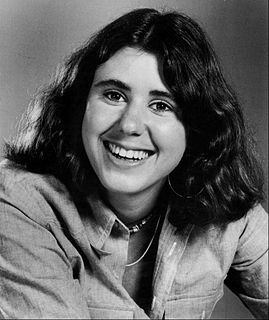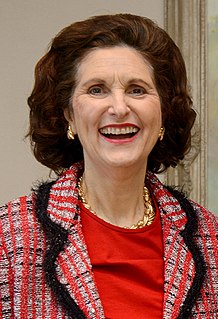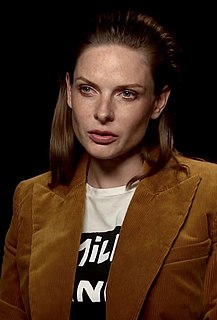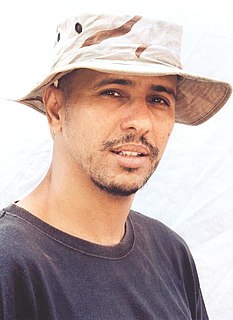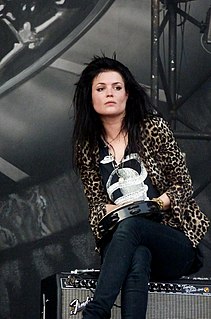A Quote by Patti Smith
Since I was a child, I hated having to deal with my hair. I hated having to change my clothes. As a kid, I had a sailor shirt and the same old corduroy pants, and that's what I wanted to wear everyday.
Related Quotes
This was solidarity. The debutante having her toenails pedicured - the housewife buying carrots from a pushcart - the bookkeeper who had wanted to be a pianist, but has the excuse of a sister to support - the businessman who hated his business - the worker who hated his work - the intellectual who hated everybody - all were united as brothers in the luxury of common anger that cured boredom and took them out of themselves, and they knew well enough what a blessing it was to be taken out of themselves.
I hated the mountains and the hills, the rivers and the rain. I hated the sunsets of whatever colour, I hated its beauty and its magic and the secret I would never know. I hated its indifference and the cruelty which was part of its loveliness. Above all I hated her. For she belonged to the magic and the loveliness. She had left me thirsty and all my life would be thirst and longing for what I had lost before I found it.

